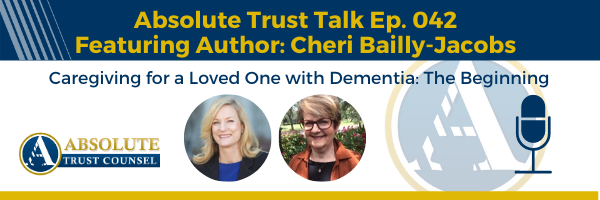When people write down their assets in conjunction with their estate planning, they often overlook their digital assets. Digital assets are considered to be any electronic record that you own or control. This can include Venmo, PayPal, Zelle, or other online accounts. It can also include cryptocurrency, such as Bitcoin, social media pages, online photos, email accounts, credit card rewards, airline miles or rewards, and virtual real estate, such as domain names.

Two types of value exist with digital assets: financial and sentimental. The average value of a family’s digital assets is estimated at $50,000. With the current technology and internet practices, it is most common to take pictures on your phone, store them on a cloud, and post them to the internet, all of which require access: ownership, usernames, passwords. Without access those pictures or emails of loved ones, which would have great sentimental value, can become lost forever.
It is important to include your digital assets in your estate plan and for you to express what you would like done with those assets. Some digital asset providers allow you to plan in advance directly with them. Facebook and Google both offer features that allow you to name a successor to your accounts. These tools, from the providers directly, offer the most effective way to plan for the control of your digital assets.
Your estate plan, either a will or a trust, should also include explicit authorization for your executor or trustee to gain access and control over all of your digital assets and all of the information that your digital assets store. If there are no online provider tools and you don’t include the authorization in your estate plan, the digital asset’s Terms of Service Agreement will control and most likely all access to those assets will be prohibited. Planning in advance for your digital assets can also help prevent identity theft from cybercriminals who target the accounts of the recently deceased, which can result in a financial mess for your loved ones.
It is of utmost importance to plan in any and all ways possible for your digital assets, especially as we become a more digital society. It is also extremely important as a part of that planning to maintain some sort of list or database of your digital assets and their login information, including, but not limited to: account numbers, usernames, passwords, and security questions and answers.
Almost everyone has some type of digital assets, and with increasing financial and sentimental values due to the ever-growing dependence on technology, it becomes more and more important to include your digital assets in your estate plan.
[Ad] Calling all neighbors in the Walnut Creek area and beyond! At Absolute Trust Counsel, we understand how unique the needs of your family can be. When it comes to planning for your family’s legacy, there is no one-size-fits-all approach. Schedule a free discovery call,and let’s talk about how we can help build the right plan for your family’s circumstances. Or, if you have a question about the content in this blog, please feel free to get in touch with us by calling 925.943.2740 or sending an email to Info@AbsoluteTrustCounsel.com.
A person with special needs has their own unique needs, and their estate plan should reflect that, but it can come with its fair share of challenges that must be carefully thought out. By visiting https://absolutetrustcounsel.com/special-needs-tools/, you’ll find various tools, tips, and information to help protect and support the person with special needs for years to come.






